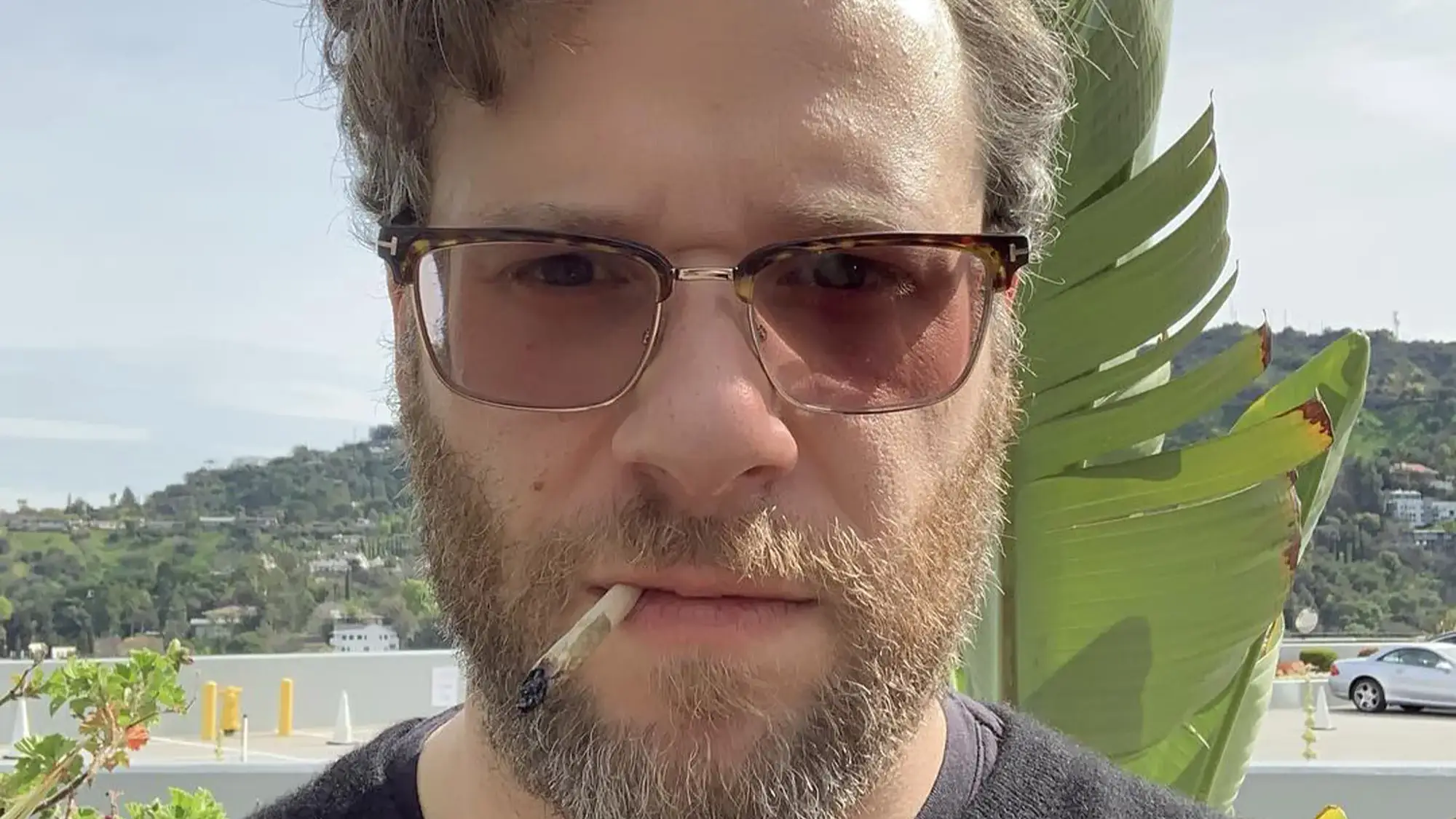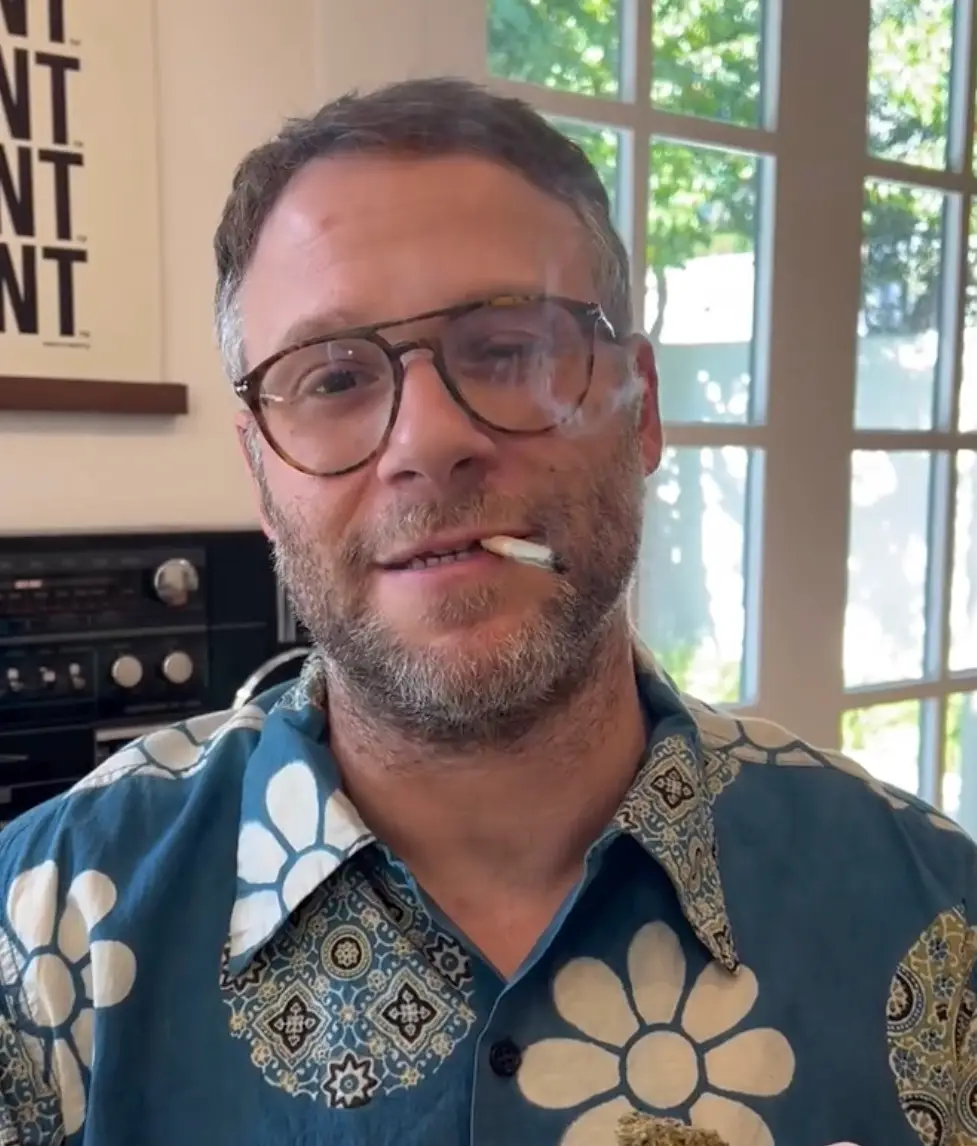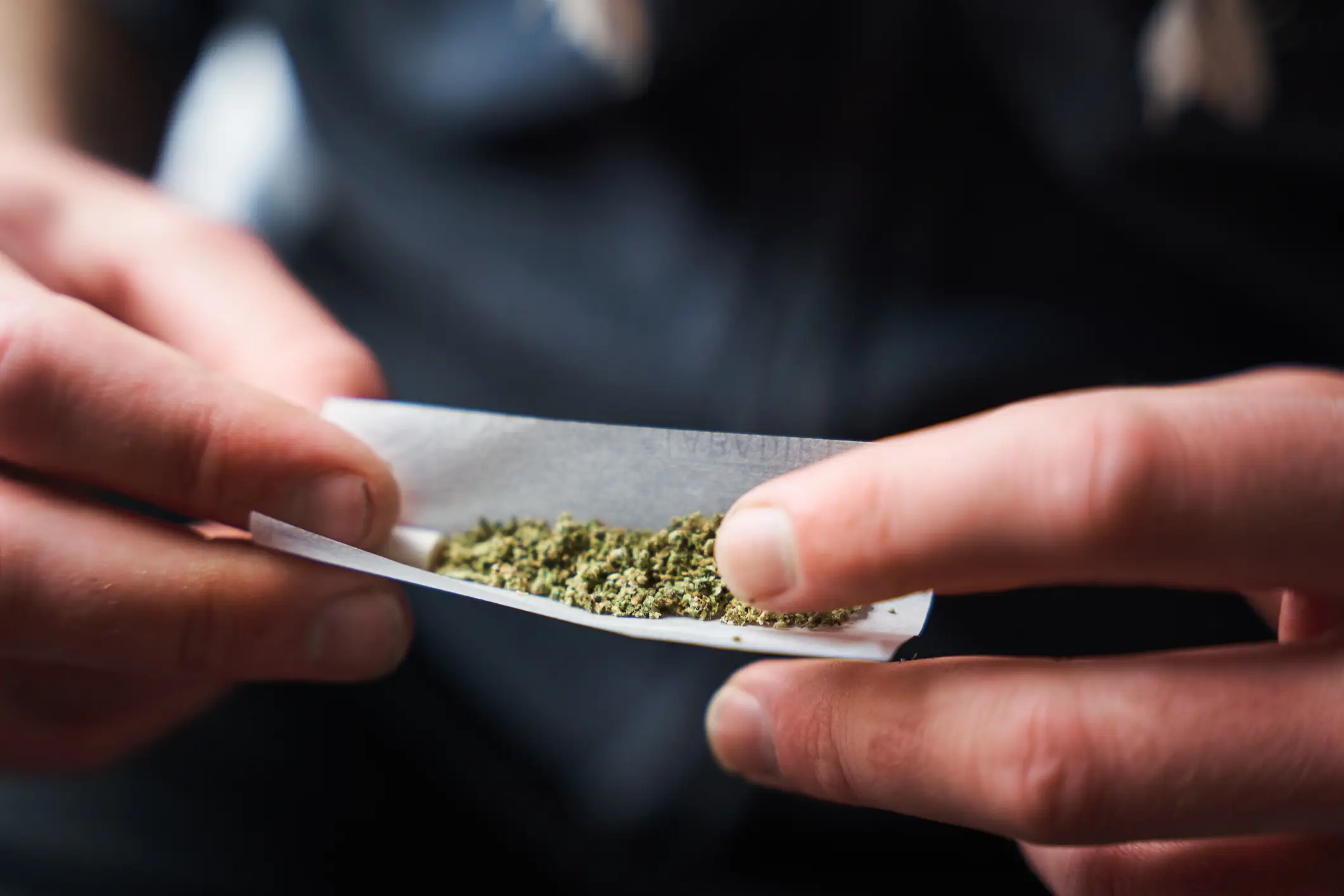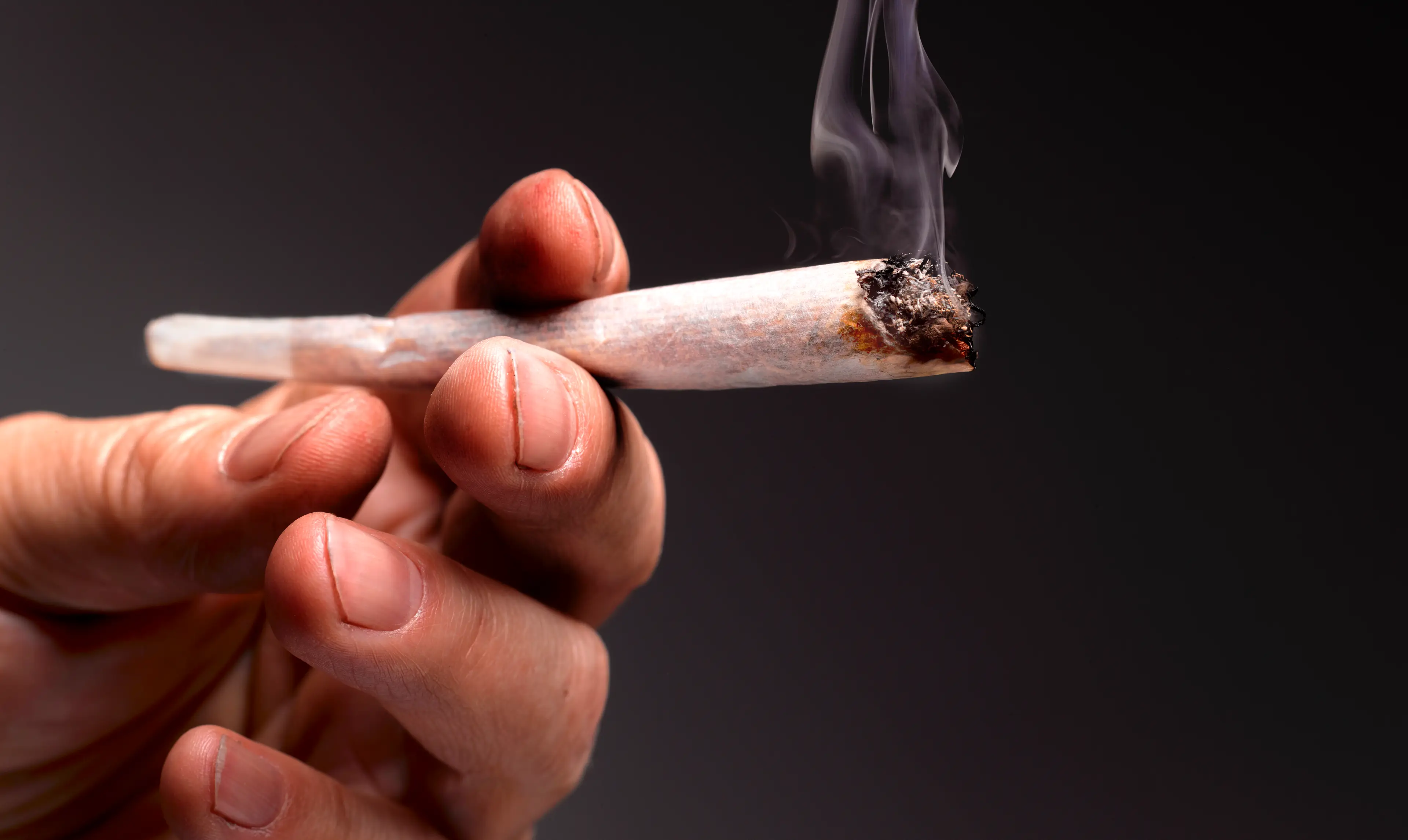
Seth Rogen says he has been smoking weed 'all day, every single day' for more than two decades - bar from one 72-hour period.
He had to press pause on his longtime habit for three days during a trip to Singapore in 2011, as he was given a stern warning about how seriously drug use is taken in the country.
The Pineapple Express star, 43, claimed he was told that he might not make it out of the country alive if he didn't comply with the local laws surrounding cannabis use.
In Singapore, weed is illegal for recreational and medicinal purposes - with possession or consumption carrying a maximum penalty of ten years in prison, a hefty fine - or even a caning.
Advert
Those caught trafficking, importing or exporting the plant may also face the death penalty, and according to Rogen, he was debriefed about these consequences on his way into the country.
During an appearance on The Howard Stern Show earlier this year, Rogen said: "They put a little thing in your passport when you arrive, that says: 'If we find drugs on you, we will execute you'."

So, after a 'scary walk through the airport' as he internally panicked about whether he had a random bit of weed paraphernalia on him that he'd forgotten about, the actor was forced to stop getting high for three days straight.
While telling this story on the famed radio show, Stern asked his guest whether he had experienced any physical or psychological withdrawals as a result of this, joking: "You probably were crawling up the walls!"
But Rogen insisted that he was 'okay' during this short period, especially as he had alternative ways to 'get f**ked up' - such as 'drinking himself into oblivion'.
Although the veteran weed smoker says he was fine despite being forced to take a break from his daily habit, actually ditching weed from your life can impact you a lot, as Stern had suggested.
If you're using any substances for extensive periods of time, your body becomes reliant on it. So, what happens internally and externally when a person decides to stop smoking weed?

Withdrawal symptoms
According to the Oxford Addiction Treatment Center in Etta, Mississippi - a rehab which offers treatment services to people with addictions - withdrawal symptoms typically kick in a few days after you last smoke.
This usually takes place within 24 to 72 hours, for people who regularly dabble with weed.
These withdrawal symptoms obviously aren't enjoyable, but there is light at the end of the tunnel and they won't last forever.
You might experience irritability, nervousness or anxiety, difficulty sleeping and even insomnia, while a dip in your mood and restlessness are also to be expected.
The Oxford Treatment Center also warns that weight loss and a decreased appetite are also common withdrawal symptoms.
There are also some physical symptoms to be wary of, such as tremors, sweating, headaches, nausea, chills and stomach pain.

How long do withdrawal symptoms last?
The good news is, all of this unpleasant stuff doesn't last forever, but the exact time frame does vary from person to person.
The withdrawal symptoms are usually the most difficult to deal with during the first week and experts say you can expect them to subside from here, although they can linger for at least another week.
Sleeping troubles may also continue for up to a month, or perhaps even longer, the Oxford Treatment Center (OTC) explains.
The withdrawal symptoms are 'at their strongest' in the first three days, the treatment centre says, and it warns that it's not unusual for people to report 'vomiting', 'stomach pain' and 'excessive perspiration' at this point.
"Individuals may become restless and feel like they need to use marijuana again," it states. "Relapse is not uncommon during this stage, so it can be important for individuals who are working on a recovery program to seek out professional addiction treatment."

After a week, withdrawal symptoms 'will peak' - and the physical symptoms should have already started to 'taper off', as this usually occurs on the fourth day of your body detoxing from cannabis use.
"But the psychological side effects intensify for many people," the OTC says. "Depression is very common during this part of the cannabis withdrawal timeline, as the body tries to adjust to functioning without THC."
When it's been 10 to 20 days, the majority of your withdrawal symptoms will have began to subside and you will hopefully be feeling a lot better by this point.
The OTC says the body 'excretes the drug completely within 30 days', but don't panic if you still experience any nasty side effects of quitting.
As the experts point out, detoxing from marijuana takes time - but make sure you check in with a health professional if you've got any huge concerns or want some further advice.
Can you prevent withdrawal symptoms?
Unfortunately, you can't bypass these withdrawal symptoms and the OTC says that the only way to avoid these is steering clear of weed completely.
The experts explain that there are multiple factors at play in terms of how severe these symptoms are - such as the duration or frequency of your weed use, the potency of the stuff you've been consuming, and even how you have been taking it.
Your personal circumstances, such as pre-existing physical or mental health conditions, also play a part, as does your use of other substances.
According to Harvard Health, the most commonly used treatments to aid those going through cannabis withdrawal are 'cognitive behavioural therapy or medication therapy'.
However, neither of these have been proved to be 'particularly effective'.
Make sure you seek help from a health professional if your struggling, and remember, you can do this!
Topics: Seth Rogen, Celebrity, Health, Mental Health, Lifestyle, Drugs